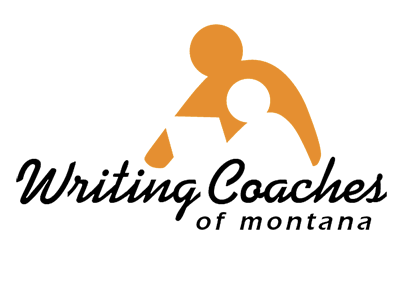Books seemed to permeate every aspect of my childhood. Evenings were spent snuggled up to my mom as I listened to the story of Ferdinand the Bull, the adventures of Max with the Wild Things, and the selflessness in Shel Silverstein’s The Giving Tree. I traveled through time and around the world with Annie and Jack in their magic treehouse. Days were spent tearing through the woods with my siblings and smearing ketchup on our stomachs to depict battle wounds as we re-enacted the most dramatic scenes from The Hunger Games. The Percy Jackson series taught me everything I needed to know about Greek mythology, and I longed for a friend as clever as Anne of Green Gables.
The summer before eighth grade, though, my mom placed To Kill a Mockingbird in my hands, and my love for books became something much greater than simple enjoyment. In teaching Scout a valuable lesson, Atticus explains that, “You never really understand a person until you consider things from his point of view… until you climb inside of his skin and walk around in it.” I found myself beginning to wonder if, perhaps, reading was how I could, in my own way, climb inside someone else’s skin and walk around.
With the rise of the racial divisions in our country due to conflicts with law enforcement, I turned to books. Reports from different news outlets flooded the media, and as a white teenage girl in rural Montana, I didn’t understand the heated topic in the way I wanted to. The characters created by Toni Morrison, James Baldwin, and Jason Reynolds quickly became my guides. When the way in which gender is defined began to evolve, I opened a book in which the main character identified as agender. If I didn’t understand something that was happening around me, I found books with characters who I could empathize with and lives other than my own that I could vicariously experience. The words of countless authors were shaping me and teaching me to grow as a person and a learner.
I entered college at the peak of the pandemic. The winter of my freshman year of college was one of COVID-19 updates, classes over Zoom, and countless days of being alone in a dorm room away from home. I would stock up on food and stay secluded for three, four days on end, more disconnected and more alone with my thoughts than ever before. With a deadline for a memoir essay quickly approaching in a nonfiction writing workshop, I began diving into a variety of nonfiction narratives, hoping not only for some sort of distraction from the pandemic but also a spark of inspiration – some sign that I had a story within me and the ability to write it. In my search, I stumbled upon poet and memoirist Lucy Grealy and her story of being diagnosed with cancer in her jaw that left her to grow up with a face that made her stand out in a crowd despite her every attempt to fit in. The words on the pages filled every space in my mind, and life seemed to come to a stop. Born with my own heap of medical complications and a physical abnormality, I had grown up without ever seeing myself represented in the media. As I walked the halls of middle and high school, unable to find someone who looked like me, I continually craved books with diverse characters. But even in my determined search, I had never, until Grealy’s memoir, read a story that so accurately described and captured how it felt to grow up looking different. In opening that one book, it was as if the author was reaching out to me and telling me that I wasn’t alone – that someone out there understood. I held onto that feeling and began realizing that I, too, had a story to tell and the ability to impact someone in the way Grealy did for me.
I think words have the power to connect us both with our own selves and with worlds far beyond our perspectives, challenging us to gain a deeper understanding of what it means to be human. It’s inspiring to walk through a bookstore today and read the titles of new releases that line the shelves. Voices that were once silenced are now demanding to be heard, and they’re inviting us, the readers, to venture into their worlds. As the intern for Writing Coaches of Montana this year, I’ve had the opportunity to learn about and observe how coaches interact with students. During conversations with coaches, students are encouraged to think critically and develop their own opinions. The values of writing and self-expression are at the center of coaching sessions, no matter the subject of the assignment. Having coaches sit down with them and genuinely listen to their ideas, students are taught at a young age that their voices matter. They’re shown that they have the ability to shape their future and explore the world through writing and connection. And, in my opinion, that’s pretty magical.
--Julia Wynne

